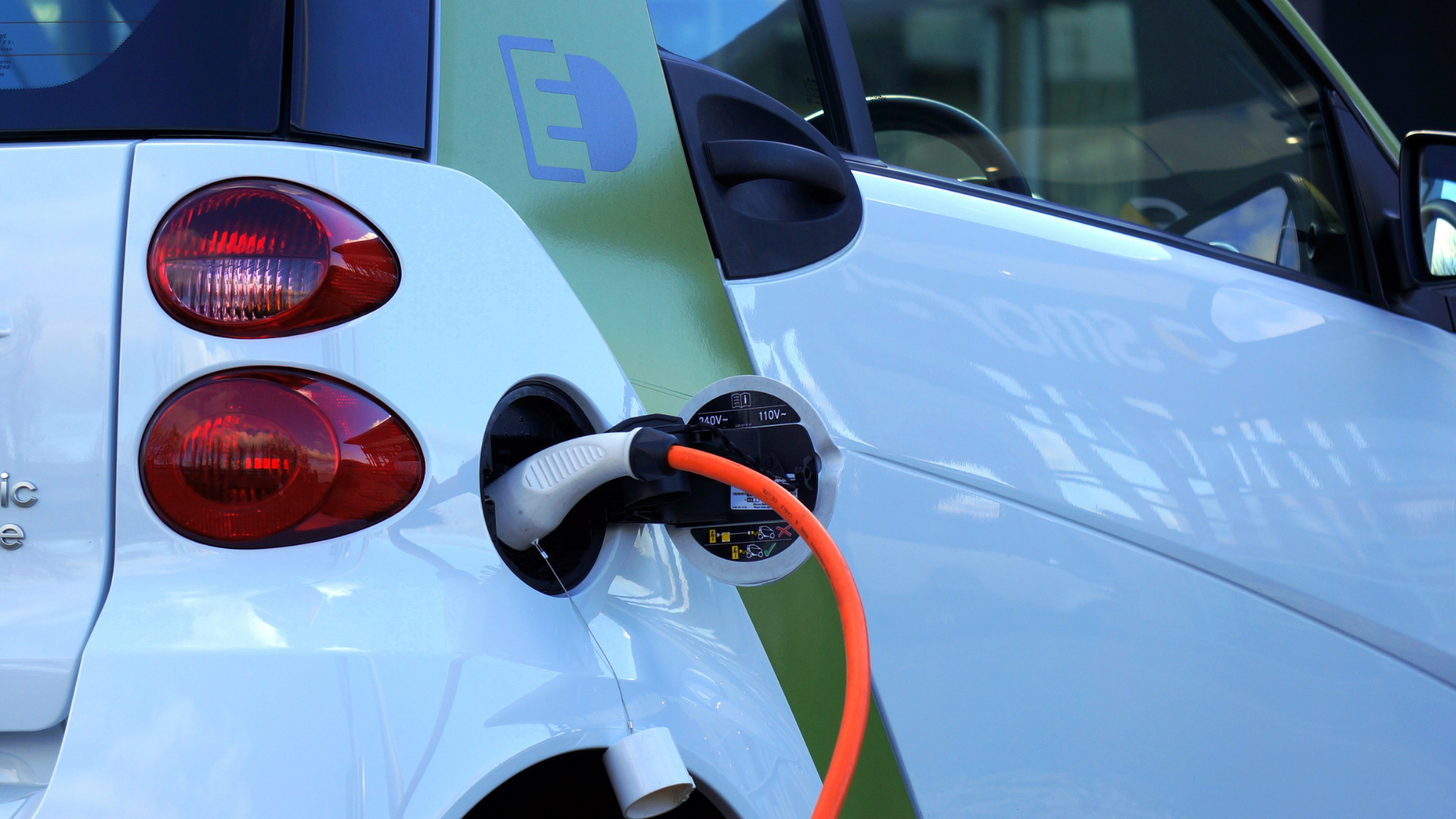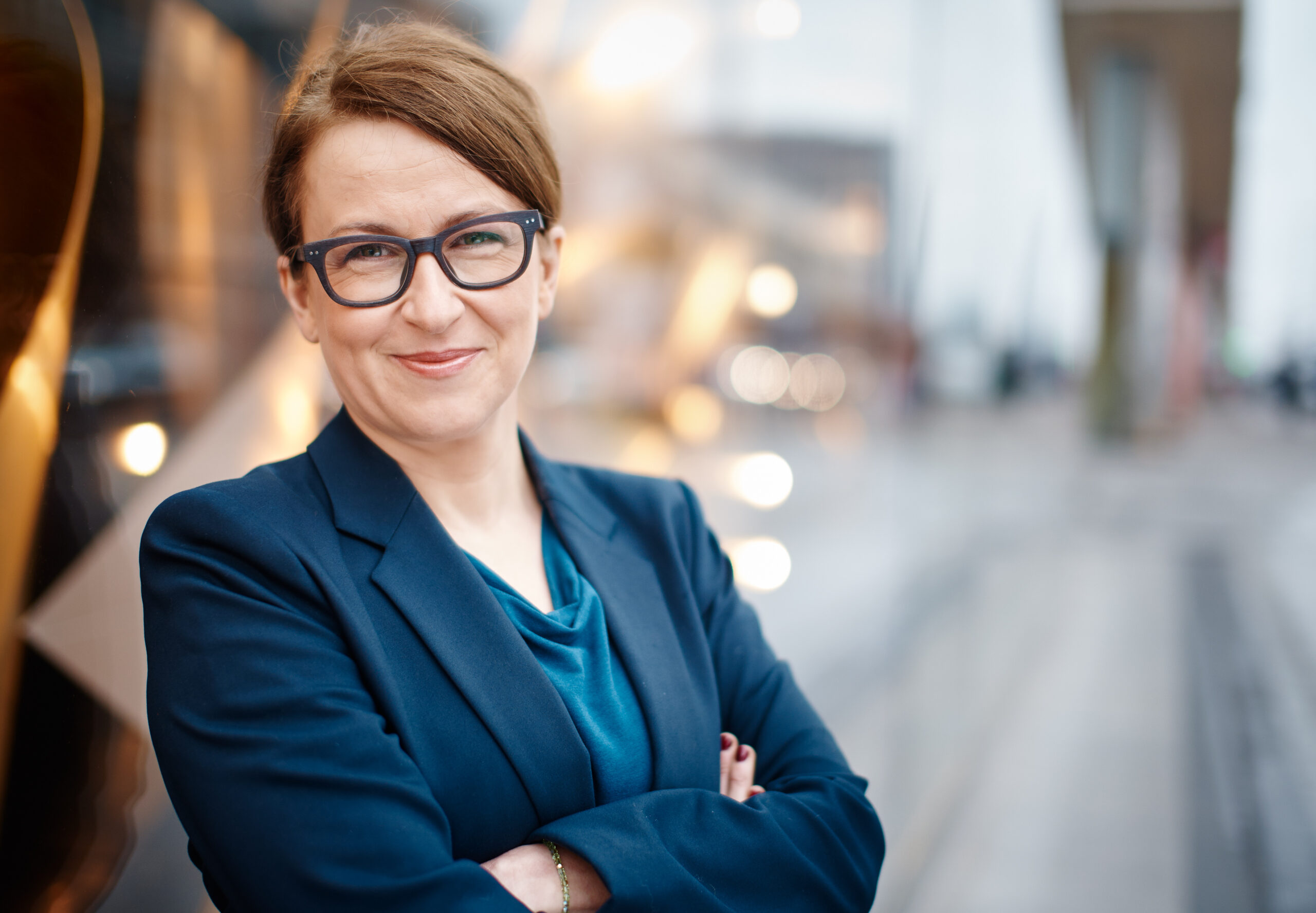EUKI Project Interview: Int-E-Grid – Powering Electromobility in Poland and Germany
by GIZ/EUKI,
For our EUKI brochure, we spoke with Dr. Joanna Maćkowiak-Pandera from Forum Energii about the EUKI project Int-E-Grid: Powering Electromobility in Poland and Germany. The aim of the project is to promote and expand electromobility in the two countries by developing recommendations for central and local authorities as well as the business sector. The interview is part of the EUKI brochure published in 2021.

What is Int-E-Grid about?
We want to limit emissions from transport and believe that electromobility is the most promising way to achieve this. But there are still many challenges to overcome, especially when it comes to the question of how to integrate electromobility into the power system. Int-E-Grid creates a space where Polish and German experts come together and develop solutions. For example, we held a large virtual meeting with 38 participants in June 2020, which resulted in five analysis papers. This enables participants to make much-needed recommendations to national and local politicians, helping them to ensure that grids are prepared and will be able to handle the predicted increase in electromobility.

How do cities need to prepare their electric grids for electromobility?
For example, there are currently very few charging stations in Polish and German cities. This means many people can only charge their cars at home, in the evenings. But this time of day is already a time of peak electrical consumption, especially in winter when people need to heat their homes. This is inefficient. If charging cars is added to this, cities would need to build new power plants to cover such a combined peak. That is something we want to avoid. We need to build charging infrastructure where needed so that people can charge their cars during the day -at their workplace or in city centres while shopping.
“We want to limit emissions from transport and believe that electromobility is the most promising way to achieve this.”
Dr. Joanna Maćkowiak-Pandera; Forum Energii
Why is a German-Polish partnership an especially suitable format for the project?
Poland and Germany have a lot in common. The amount of coal used in both countries is still large, so we have the common goal of decarbonisation. It is obvious that something big like the transition to electromobility will create challenges – and Germany and Poland are in a great position to tackle them together.
